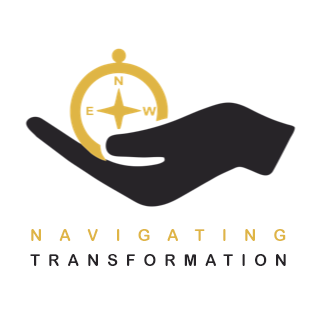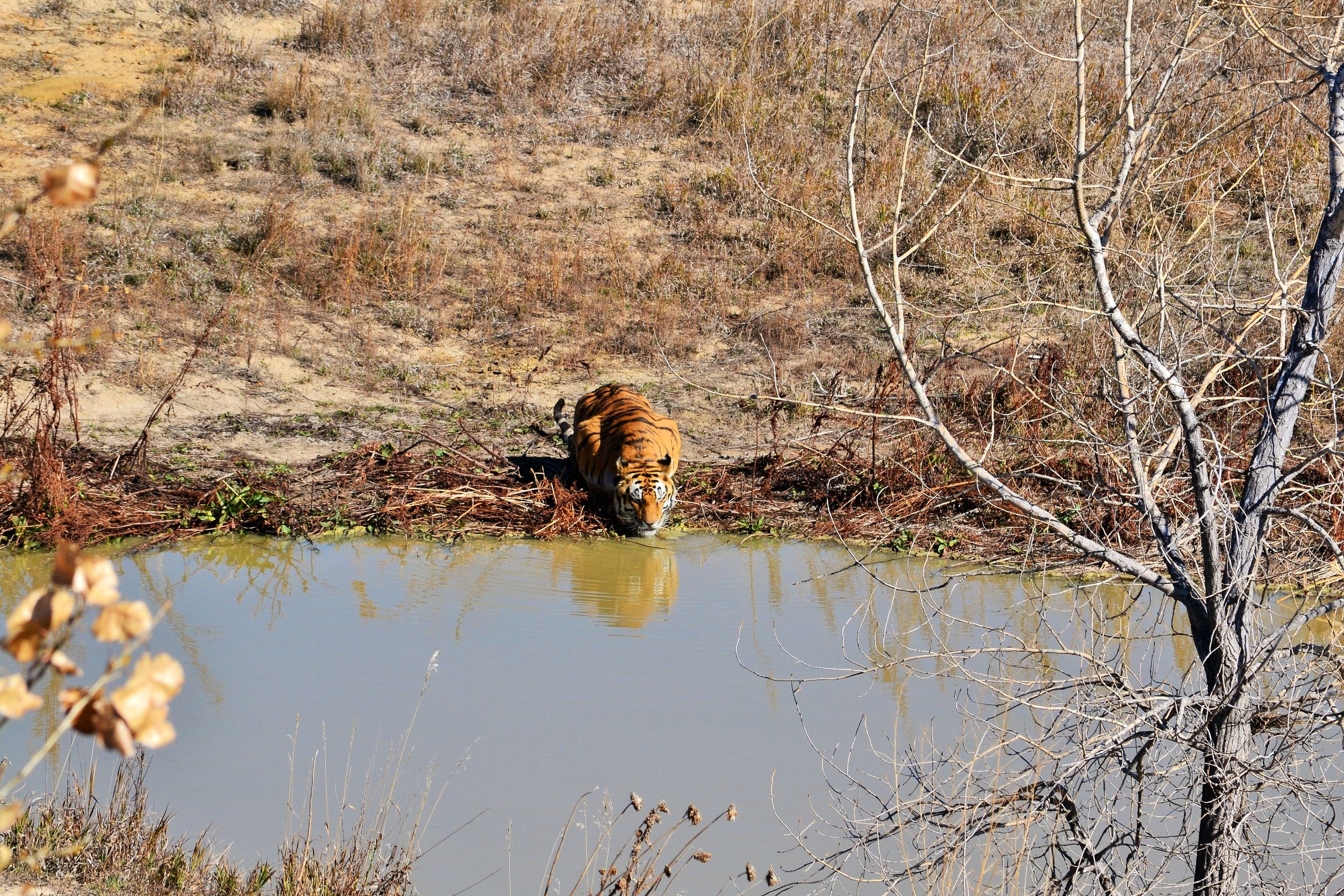Dear Entrepreneur, how are you feeling these days?
This is a question that we, as entrepreneurs, do not take the time to ask ourselves. And if we do, we do not stop to listen to the answer. We impulsively pass to action. We get informed by the latest news, ask experts’ advice, mobilize our co-workers to create and implement a pivot business plan. At this very moment our priorities concentrate on reduction of expenses, laying off our employees, getting financial assistance, negotiating rent and utility expenses, and exploring if and how we can still do business in the COVID-19 economic environment.
That said, there are certain businesses that literally flourish in this environment (e.g. those in the health sector and transport) and others that manage to survive by changing their offerings (usually flexible startups) or offering their products and services online. Here are three examples of European companies that are strong in business now:
Jeanologia—a Spain-based startup providing eco-friendly, textile cleaning—is now providing sanitation and disinfection of up to 15,000 face masks a day.
ArtNight —a Berlin-based company offering art workshops in Germany and the UK—has now transformed into an “edtech” platform. After the cancellation of thousands of offline events they are now offering online video tutorials and delivering painting kits to customers’ doorsteps in advance.
The 5,000 employees of Draegerwerk—a German medical equipment provider—work overtime to deliver the respiratory equipment ordered by hospitals all over the world.¹
However, there is a considerable number of solopreneurs and small businesses that cannot move their sales online or adapt their products and services. These entrepreneurs need to be physically present to serve their customers and sell their products. Retail shops, hotels, and restaurants are in this category. How are these entrepreneurs feeling during these long waiting days, when they see their shops empty? When their suppliers in China do not deliver? When they do not know how long they can survive with their savings or the government’s rescue package—if there is one? When they cannot afford to keep their loyal co-workers? When they do not know if their business will be relevant in the after-COVID-19 era? When there is nothing to do but wait…
“Waiting” and “doing nothing” seem to be quite simple. However, under the circumstances, it is an art. Entrepreneurs are called to stay still in the eye of the storm; to be observers while they are affected by the crisis; to preserve their mental sanity and clarity, their enthusiasm and vision while they experience fear and anxiety, loss and insecurity.
Entrepreneurs are called to “self- incubate!”
HOW CAN WE ACHIEVE THIS STATE OF BEING?
We need to turn our attention within; to “detoxify” from negative emotions and nurture in self-compassion. To use the language we, entrepreneurs, are familiar with, I would compare this state of being to the early stage of a new venture. At this stage, what distinguishes entrepreneurs from non-entrepreneurs is their mindset; a set of personality traits, motivations, attitudes, motives and behaviours. Skills and knowledge are essential for success but can be acquired. However, if a person does not have an entrepreneurial mindset, they are not “wired” to be entrepreneurs. Some of the most important qualities an entrepreneurial mindset encompasses are: nonconformity (a preference for acting in unique ways); risk acceptance (the willingness to pursue an idea or a desired goal even when the probability of succeeding is low); passion (the tendency to experience one’s work as exciting and enjoyable rather than tedious and draining); future focus (the ability to think beyond the immediate situation and plan for the future); optimism (the ability to maintain a generally positive attitude about various aspects of one’s life and the world); self-confidence (the general belief in one’s ability to leverage skills and talents to achieve important goals); resilience (the ability to bounce back quickly from disappointment and to remain persistent in the face of setbacks); and faith (firm belief in something for which there is no proof).²
The problem is that in a state of crisis, the entrepreneur’s thinking process does not include the above qualities. Our focus is dispersed by fear and our intention is blurred by gloomy scenarios. It is as if there is no blank canvas to draw on (as is usually the case in a new venture). We are not able to envision new potential. To reignite our entrepreneurial mindset, we need to liberate our overwhelmed mind from feelings of stress, fear, anxiety, panic, or grief. Quite difficult, especially in western societies, where we systematically avoid facing our negative emotions, having been brought up with the belief that only positive emotions are worth experiencing. However, there are various tools to achieve this outcome. Walks in nature, sport, prayer, and conscious breathing are just some of them. I would like to share here two ways I use to “declutter” my mind. First, a simple mindfulness exercise; and second, a poem that empowers me.
1. MINDFULNESS EXERCISE
First step: Acknowledge the existence of the negative emotions you feel and understand them. In order to do so, you can ask yourselves questions like: “What exactly am I afraid of? Is it the loss of normalcy? The loss of life of a loved one? The fear of an economic slowdown? The lack of safety? The need to step out of my comfort zone and face the unknown? The general fear of what the future holds?
Second step: Sit with your negative emotions and observe the physical discomfort they bring (Pain in the chest? Stomach ache? Difficulty breathing?).
Third step: Breathe into the part of the body that feels the discomfort. You will notice that after some time the pain will be reduced and you will feel better.
2. A POEM
I usually read or recite this poem when I go walking in the forest. Where I live we are not in a lockdown. But, if you are in a place where you must stay secluded at home, you can read this poem and reflect on its message. It was written by Wendel Berry, an American farmer & poet.³ It honors the eternity of nature and our relationship with the natural world
The Peace of Wild Things
When despair for the world grows in me and I wake in the night at the least sound in fear of what my life and my children’s lives may be, I go and lie down where the wood drake rests in his beauty on the water, and the great heron feeds.
I come into the peace of wild things who do not tax their lives with forethought of grief. I come into the presence of still water. And I feel above me the day-blind stars waiting with their light. For a time I rest in the grace of the world, and am free.
In this state of awareness, once you have cleared the veil of fear, you no longer project your regrets and negative past experiences into fear-based future scenarios. In the “now” moment, you can remain still and reflect with clarity. You are able to envision the future with optimism, initiate new ideas, and create the best possible scenarios for your business.
And when the right moment comes, you will be able to act wisely!
Invited article first published at the Micromentor Entrepreneurial Community



